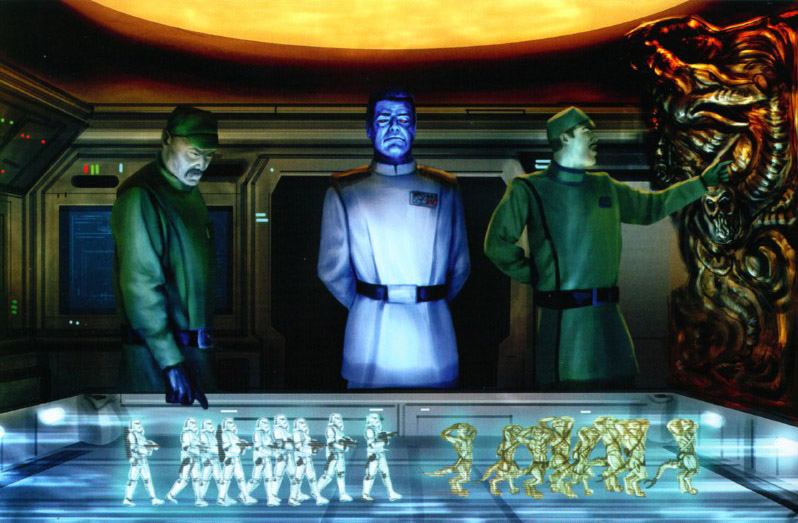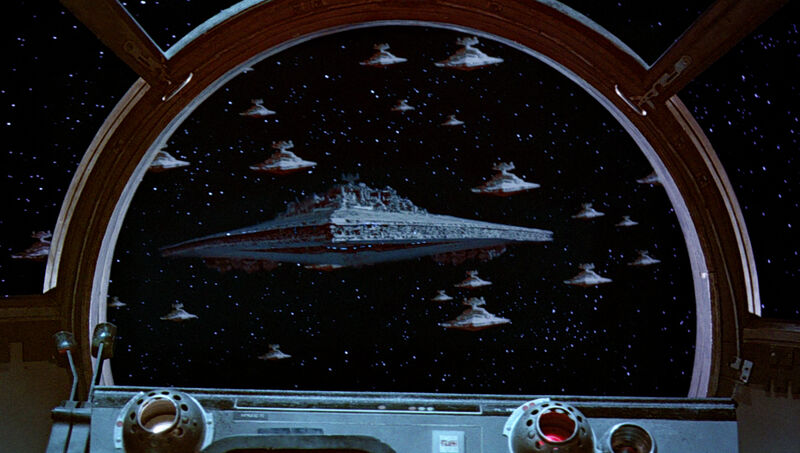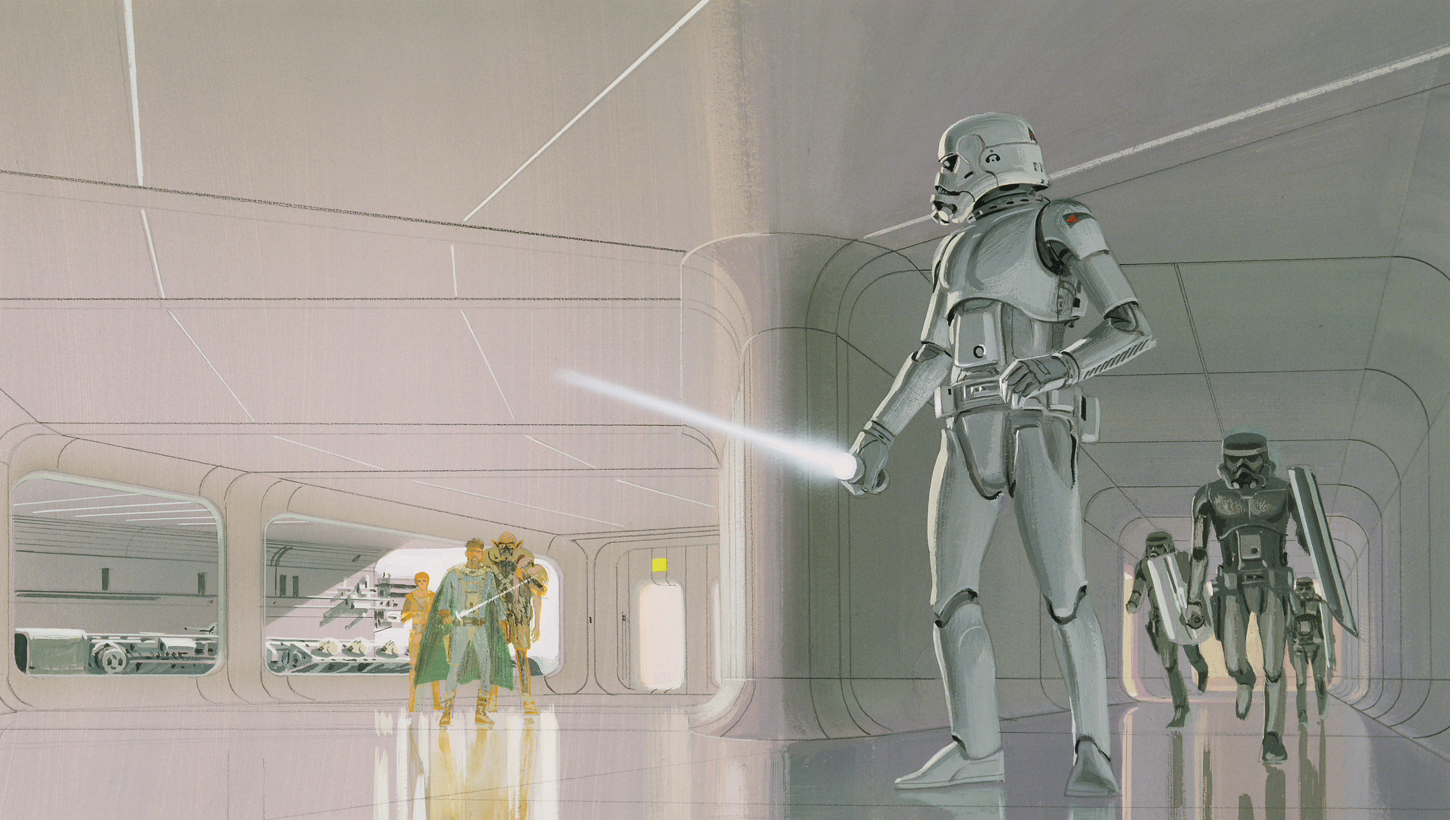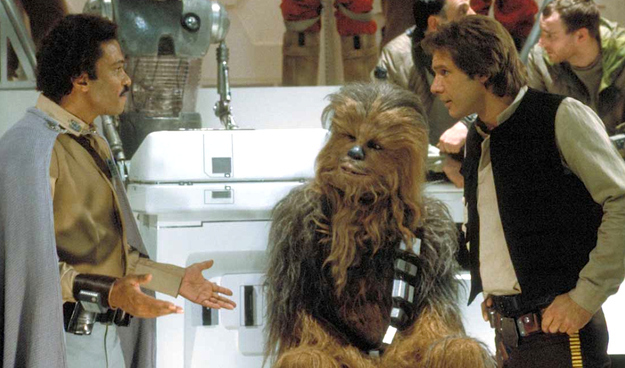

Grand Admiral Thrawn, of Timothy Zahn’s Heir to the Empire trilogy, was one of the most brilliant opponents ever faced by the New Republic. He outmaneuvered the heroes deftly, often defying impossible odds to accomplish stunning victories over the heroes. At the time of his death, Grand Admiral Thrawn had the New Republic on its knees. In a letter to a fan, Zahn described the blue menace as a composite of several figures: the fictional detective Sherlock Holmes, as well as several historical military figures: Hannibal Barca, Robert E. Lee, and Erwin Rommel, among others. Thrawn’s deductive abilities are almost certainly drawn from Conan Doyle’s famous detective, Sherlock Holmes. Holmes is able to assemble an accurate picture of how a crime occurred through deductive abilities, impeccable observation skills, and the aid of his trusty compatriot Dr. James Watson, who serves as the narrator in the Holmes stories. One of Thrawn’s signature traits is his ability to deduce his opponents’ actions before they even begin said actions, through a thorough understanding of psychology, an encyclopedic knowledge of military tactics, and the understanding of alien mindsets through the study of alien art. He even has his own Watson, in the form of Captain Gilad Pellaeon, captain of the Star Destroyer Chimaera and later Grand Admiral of the Imperial Remnant.
Read More




